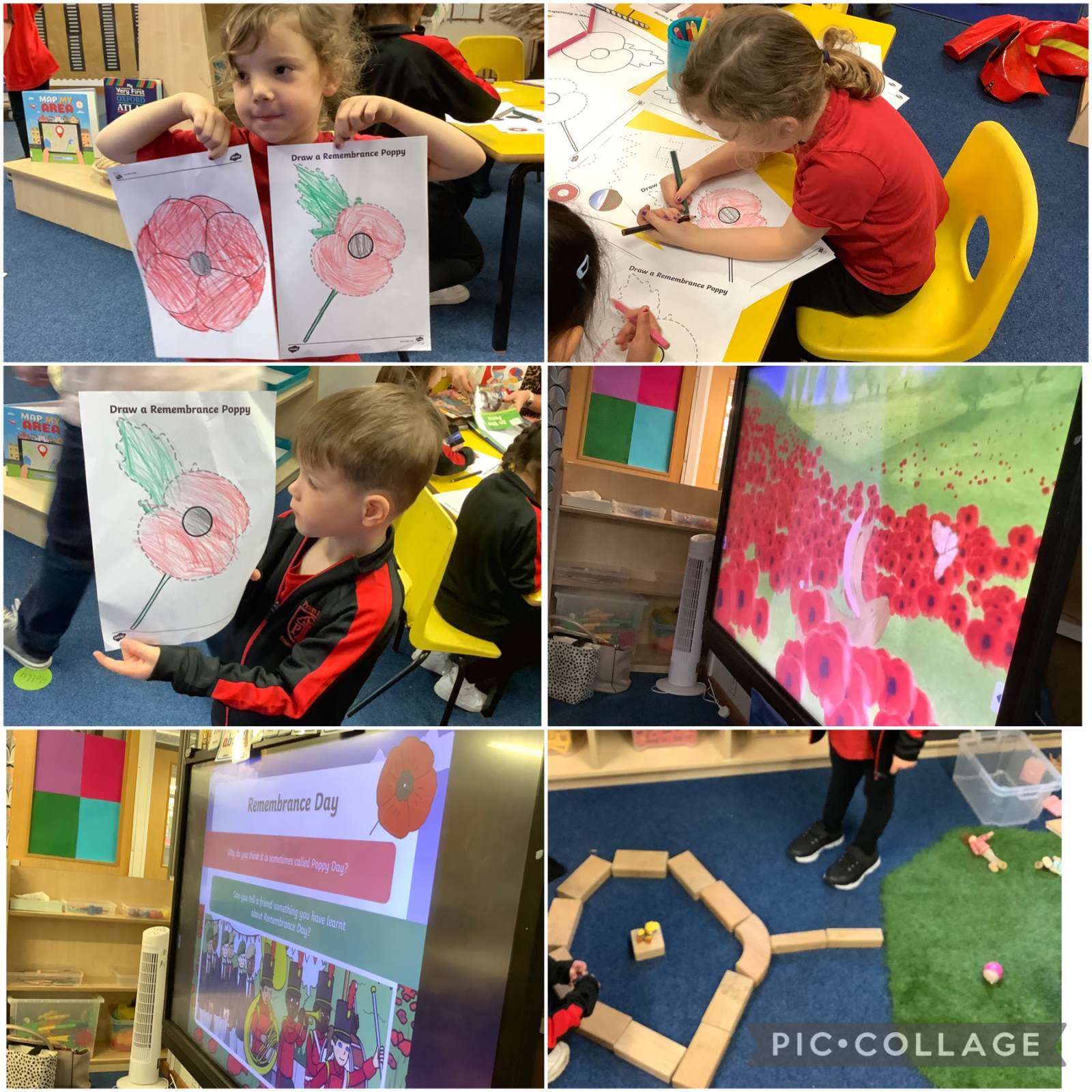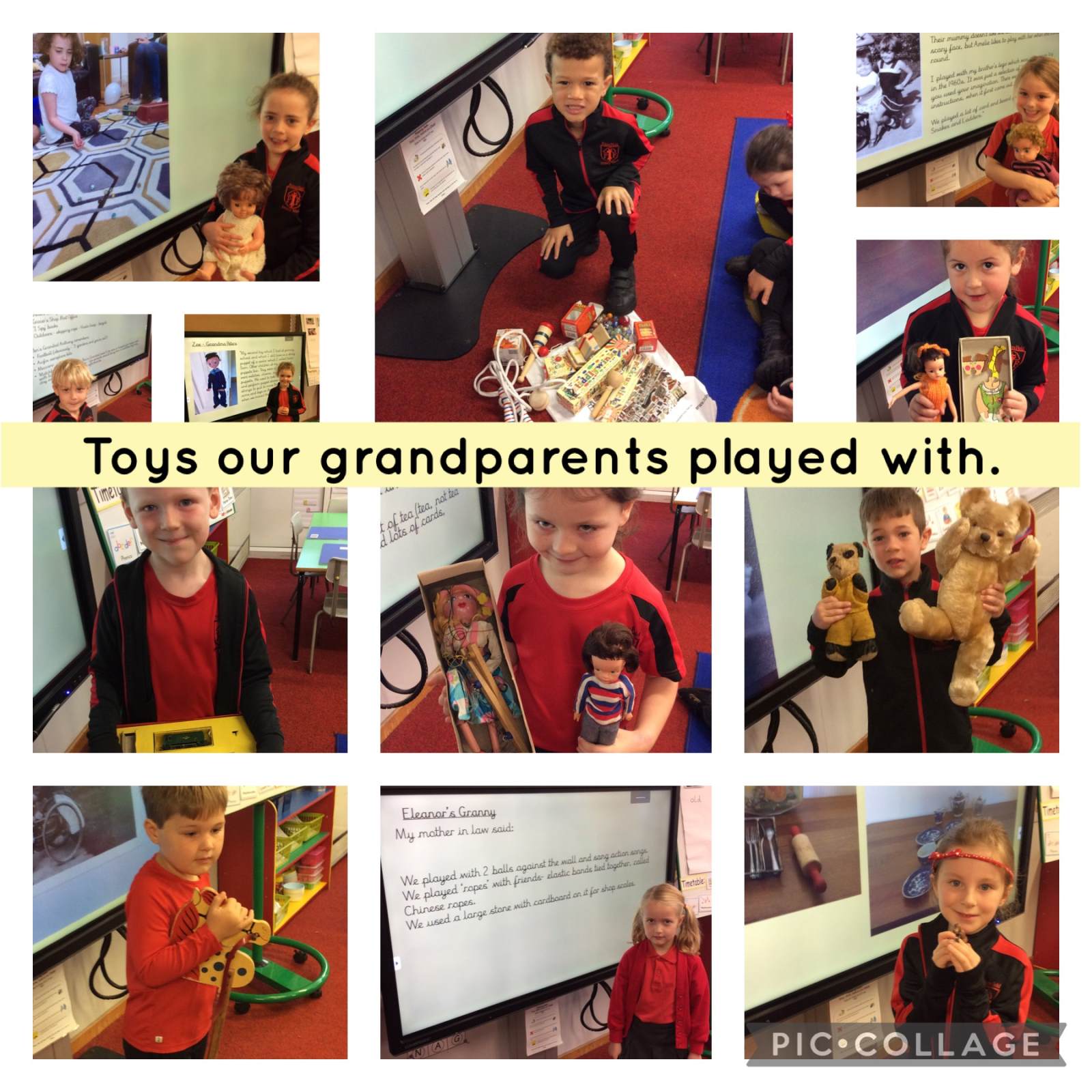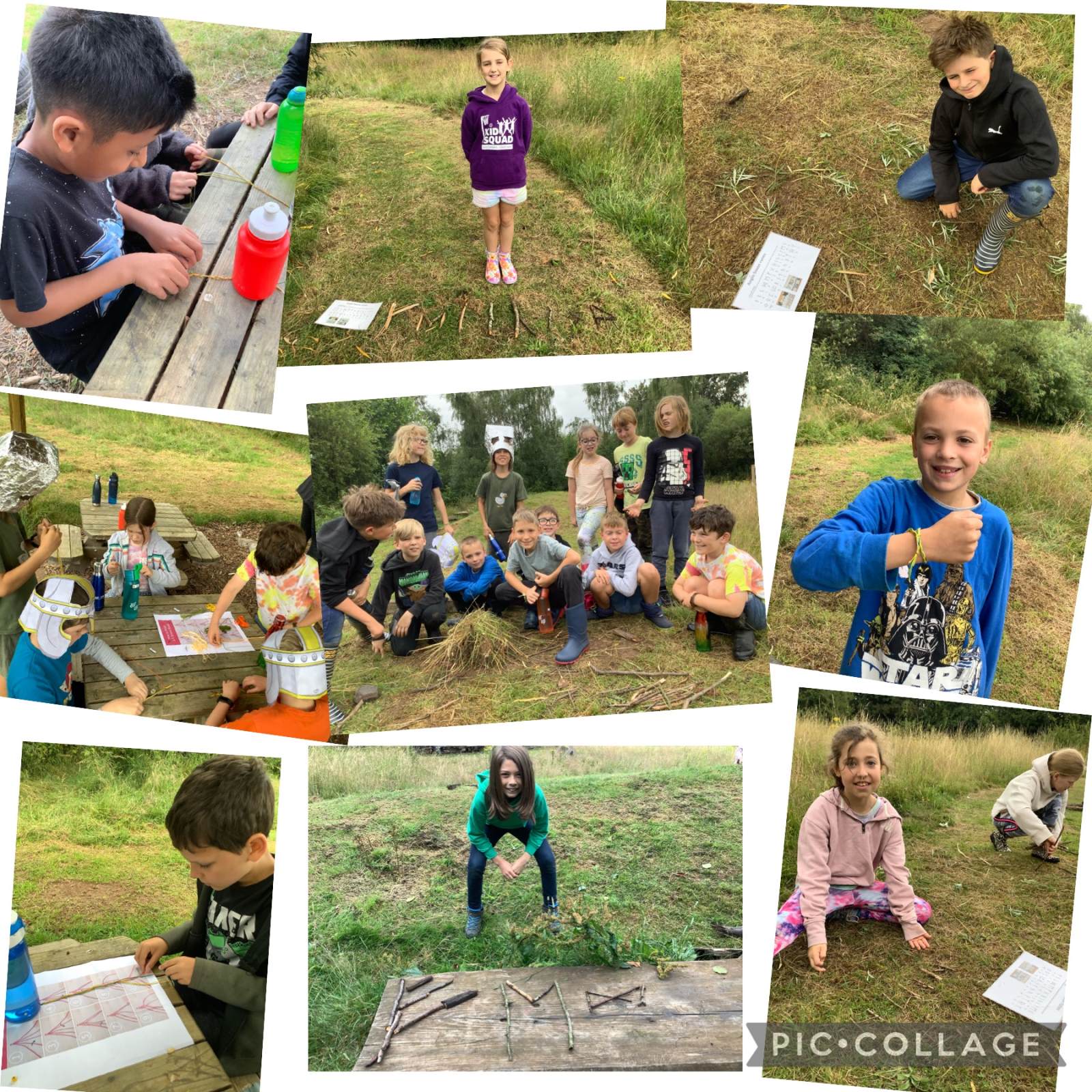History 
Our philosophy & culture
Through our History curriculum we want to inspire a love for the subject, develop knowledge and understanding of historical events, and foster critical thinking skills. We aim to provide our children with a coherent and progressive curriculum that engages and challenges them, promotes cultural understanding, and enables them to make connections between the past and the present.
How children learn History
Curriculum Design
Our History curriculum is carefully designed to ensure coverage of a broad range of topics and historical periods, including local, national, and international history. The children have a key question to begin their historical enquiry, e.g. How do we know so much about what happened in the Great Fire of London? These questions shape the teaching and learning in History lessons and provide a focus, building on prior knowledge and skills, promoting a clear progression in learning. We align our curriculum with the National Curriculum for History, adapting it to meet the needs and interests of our Children.
Enrichment Opportunities
We provide a range of enrichment opportunities to enhance our children’s historical learning experiences. These include visits to local museums, historical landmarks, and archives, as well as inviting historical experts to share their knowledge and experiences with the children. We also make use of technology, such as virtual reality and online resources, as well as artefacts to bring historical events to life within the classroom.
Cross-Curricular Links
We foster cross-curricular links to deepen the children’s understanding of historical concepts and themes. By incorporating historical content within other subjects, such as English, Art, and Geography, we provide meaningful contexts for learning and enable children to explore historical ideas through different lenses.
Differentiation and Inclusion
We recognise the diverse needs and abilities of our children and employ a range of strategies to ensure that every child can access and excel in our History curriculum. This may include scaffolded resources, additional support, or extended challenges tailored to individual needs. Our teachers regularly assess children’s understanding and adapt their teaching accordingly to ensure every child can make progress.
Cultural Awareness and Diversity
In our History curriculum, we celebrate the diversity and cultural heritage of our local community, the United Kingdom, and the wider world. We incorporate teaching and learning about various historical figures, events, and perspectives, enabling our children to develop an appreciation for different cultures and foster a sense of tolerance and inclusion.
Skills Development
We dedicate significant attention to developing essential historical skills. Children are encouraged to critically analyse historical sources, evaluate evidence, and make informed judgments. They learn to ask probing questions, develop historical interpretations, and communicate their understanding effectively, both orally and in written form. We also emphasise the importance of chronological understanding and encourage children to situate historical events within their appropriate time periods.

The impact of the History curriculum
Attainment and Progress
Through our outstanding History curriculum, we expect our children to achieve ambitious standards and make excellent progress in their historical knowledge and skills. Regular assessment, reflection and feedback inform our teaching and tailored interventions to address any gaps in understanding.
Engagement and Love for History
Our exciting and relevant History curriculum promotes high levels of engagement and enthusiasm among our children. They develop a genuine love for the subject, as evidenced by their enthusiasm in lessons, pride in sharing their historical knowledge, and proactively seeking out related resources beyond the classroom. Pupil voice highlights this passion for History.
Cultural Understanding and Empathy
Through a focus on cultural diversity, our History curriculum fosters a deep understanding and empathy for different cultures, past and present. Children develop a sense of their place in history and an appreciation for the contributions of diverse communities. They can confidently discuss historical events from a range of perspectives, demonstrating a well-rounded understanding of the complexities of the past.
Critical Thinking and Transferable Skills
Our focus on developing critical thinking skills in History equips our children with the ability to analyse, evaluate, and interpret historical evidence. These skills extend beyond the subject, supporting their learning across other areas of the curriculum. Children demonstrate their ability to think critically, ask relevant questions, and draw reliable conclusions, thus enhancing their overall academic and personal development.
Historical Literacy and Lifelong Learning
By embedding historical literacy throughout our curriculum, our children become proficient in using historical vocabulary and confidently applying historical concepts. They understand the importance of historical research and demonstrate independent learning skills through their engagement with historical resources.
In conclusion, our History curriculum is designed to provide a rich and stimulating learning experience. By fostering a love for the subject, developing knowledge and understanding, and promoting critical thinking skills, we create confident, culturally-aware, and historically-literate citizens who are well-prepared for their future academic and personal pursuits.
Year 5 - Anglo-Saxon Day in the environmental area.







